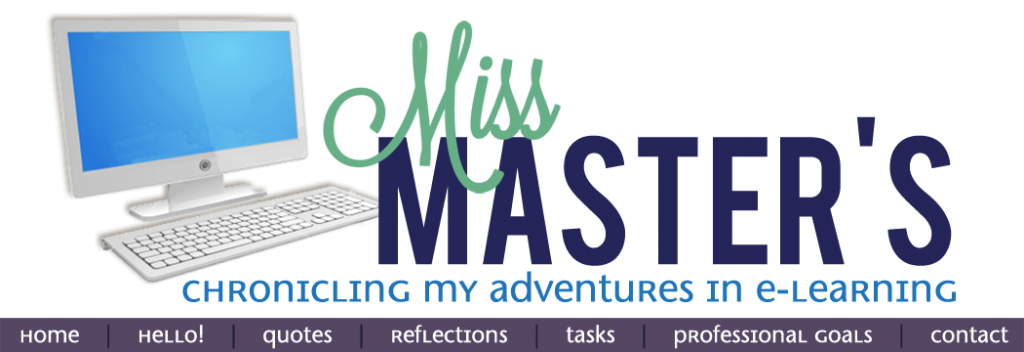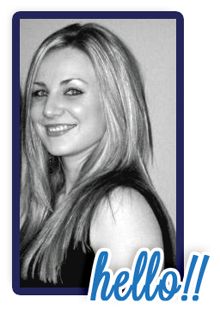What
insights have you gained about research from taking this course?
 Before taking this course the idea of research
terrified me. The only idea I had about research stemmed from finding resources
as support for written dissertations throughout my undergraduate work. I now understand
the importance of research within the early childhood field and have seen some
examples of such research and its contributions. I also learned about the many
types of research that exists, these include quantitative, qualitative and
mixed methods of research.
Before taking this course the idea of research
terrified me. The only idea I had about research stemmed from finding resources
as support for written dissertations throughout my undergraduate work. I now understand
the importance of research within the early childhood field and have seen some
examples of such research and its contributions. I also learned about the many
types of research that exists, these include quantitative, qualitative and
mixed methods of research.
In
what ways have your ideas about the nature of doing research changed?
 As mentioned above, before this course I didn't have
much experience or understanding with regards to the realm of research. Now I have
a deeper understanding of the process (from different methods of collecting
data, choosing participants, to laying out a research design) and understand a
little bit more about the different types of research that exist. One thing
that really shifted in my thinking is the understanding that doing research is
often a messy process. I reflected a lot and at times changed my thinking,
question and design.
As mentioned above, before this course I didn't have
much experience or understanding with regards to the realm of research. Now I have
a deeper understanding of the process (from different methods of collecting
data, choosing participants, to laying out a research design) and understand a
little bit more about the different types of research that exist. One thing
that really shifted in my thinking is the understanding that doing research is
often a messy process. I reflected a lot and at times changed my thinking,
question and design.
What
lessons about planning, designing, and conducting research in early childhood
did you learn?
Throughout this course and the research simulation
process I learned that first it is important to break a generalized topic into
subtopics in order to see if it has enough depth, if it could be stated as a
question and if it works in terms of cause and effect to form a hypothesis. I
then learned about the importance of ethics in terms of research and the effect
it could have on its participants, the general population and the early
childhood field as a whole. Another important aspect I learned about when
designing the research simulation is validity and reliability and ways to
choose data collection methods that would support the study in a way that is
valid, just and unbiased.
What
were some of the challenges you encountered—and in what ways did you meet them?
I encountered many challenges through the research
simulation process. Some of these included my fear that outer factors would
influence my study in a way that was not foreseen. I found that I went back and
forth throughout this process, reflecting and questioning my ideas and even
research question and whether or not it would work and be insightful. I found
it difficult because the process wasn't as clean cut and linear as I would have liked. It was messy but I appreciated that we continued to build and move
forward with the design from week to week. I liked that I could look to the discussion
forums and appreciated that the group members changed frequently. Often my
colleagues were asking the same questions, it was great to know that I wasn't alone in my questions and challenges.
What
are some of the ways your perceptions of an early childhood professional have
been modified as a result of this course?
I have always had a strong appreciation for the
work that early childhood professionals do. I did not realize the amount of
growth that research can and has caused in terms of understanding and knowledge within our
profession. I believe that early childhood professionals are often overlooked
and underestimated, perhaps people should look into the world of early
childhood research in order to understand its and our importance.
I would like to thank all of my colleagues and Dr.
Todd for the past eight weeks of learning and professional growth. It was nice
to know that I wasn't alone in the undertaking of this research simulation and
that I had my peers behind me, supporting me along the way. Thank you all, and I
wish you the best of luck in your future courses and endeavours!








